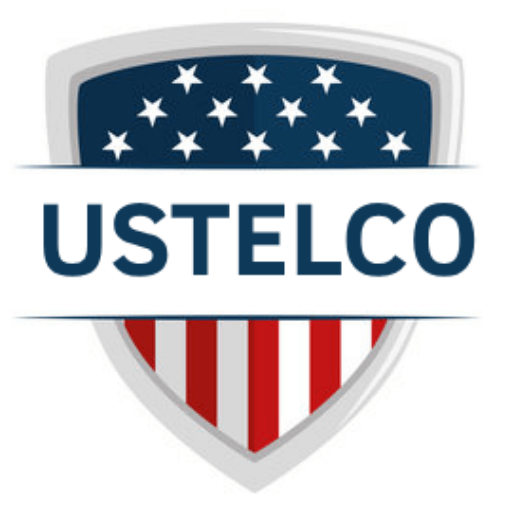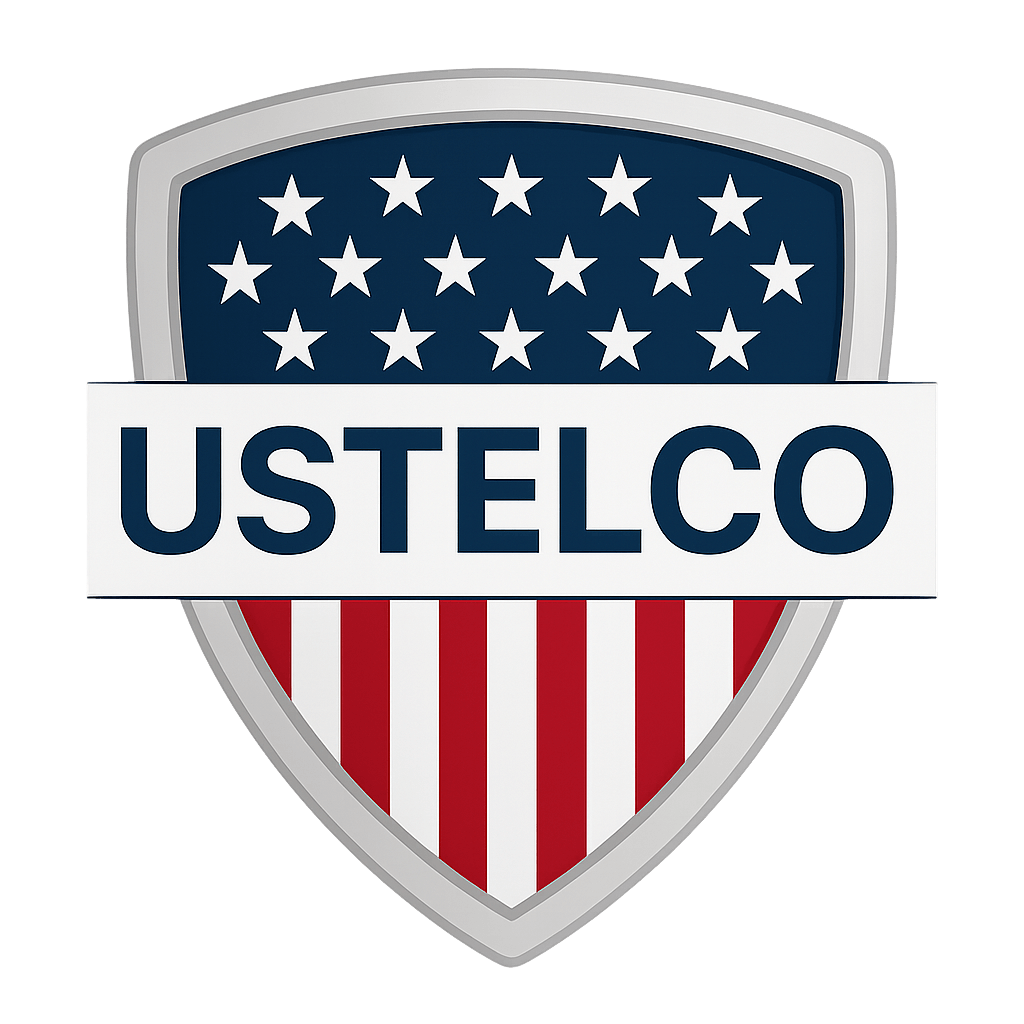- A Strategic Initiative to Advance America's Telecommunications Infrastructure
- Home
- Services
- Solutions
3-col
High-Performance Voice. Verified Messaging. National Security-Grade Infrastructure.Solutions
USTelco isn’t just a telecom provider, we’re the enforcement layer behind America’s most trusted voice and messaging traffic.

Solutions By Business Type
- Small & Medium Businesses (SMBs)
- Large Enterprises
- Call Centers & BPOs
- Remote & Hybrid Workforces
- SaaS & Technology Providers
- Startups & Entrepreneurs
- Government & Public Sector
- Enterprise Solutions
- Communication Service Providers
- Network Operators & Carriers
- Mobile Network Operators (MNOs)
- Mobile Virtual Network Operator (MVNO)
- IoT Connectivity
- Messaging Aggregator
- Roaming & IPX Hubs
- Emergency Services & Critical Infrastructure
Solutions By Industry
- Banking & Financial Services
- Education & Remote Learning
- Energy & Utility Providers
- Healthcare & Emergency Services
- Hospitality & Tourism
- Manufacturing & Industrial Services
- Media & Entertainment
- Political Campaigns & Advocacy
- Retail & E-Commerce
- Legal & Law Firms
- Transportation & Logistics
- Travel & Transport
- Restaurant & Hospitality
- Technology & Cloud Communications
- Automotive & Warranty Services
- BYOC
BYOC
Not Just a Provider. A Gatekeeper. A Standard.Bring Your Own Carrier
Modern enterprises demand more from their communication stack, more control, more compliance, more call quality. That’s why leading organizations choose to Bring Their Own Carrier (BYOC) into platforms like Microsoft Teams, Zoom, Genesys, Twilio, RingCentral, and others, powered by USTelco’s nationally trusted voice backbone.
- BYOC for Microsoft Teams
- BYOC for Cisco Webex
- BYOC for Zoom Phone
- BYOC for RingCentral
- BYOC for 8×8
- BYOC for Five9
- BYOC for Genesys
- BYOC for Anywhere365
- BYOC for Twilio
- BYOC for Plivo
- BYOC for SignalWire
- BYOC for Google Voice
- BYOC for Aircall
- BYOC for NICE CXone
- BYOC for Talkdesk
- BYOC for Vonage
- BYOC for Dialpad
- BYOC for CloudTalk
- BYOC for BroadSoft
- BYOC for Others
- HD Voice
HD Voice
Voice infrastructure redefined. Engineered for clarity, compliance, and carrier-grade control.HD Voice by USTelco
Engineered for AI platforms, high-volume call centers, and compliance-driven enterprises. Delivered via zero-hop, private voice infrastructure—available only through NNI interconnects.

- AI Defender
- Pricing
- Compliance
Compliance & Regulatory
Policy-Aligned Telecom Infrastructure Built for Enforcement, Auditability & TrustCompliance & Regulatory
Legacy phone systems are holding modern businesses back, with high costs, outdated hardware, and no mobility or compliance features.
- STIR/SHAKEN Compliance & Call Authentication
- FCC Robocall Mitigation Strategy
- US Domestic Call Policies & Compliance Requirements
- Global Telecom Compliance & Cross-Border Call Regulations
- Compliance-Based Call Routing & Traffic Audits
- Audit-Proof Data Storage & Regulatory Record-Keeping
- Law Enforcement & Subpoena Compliance
- Telecom Fraud Prevention & Risk Management

- Company
- Blog


